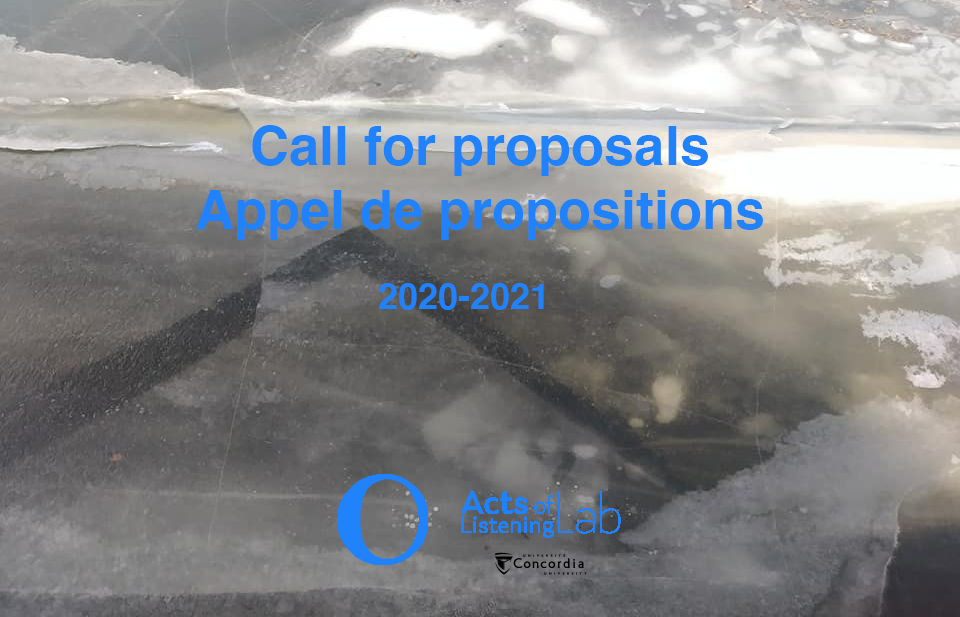COHDS is not only a university research centre that serves as a point of convergence for research, creation, and teaching about oral history; it is also a point of reference for many communities, researchers and institutions across Canada and beyond. We constantly receive questions and requests about our tools, our archives, our methods and our principles by individuals and groups interested in oral history. In the last few months, we have received a series of inquiries related to ethics that we think could offer a good opportunity to revisit our ethics principles and practices.
Ethics and the principle of shared authority are at the core of our values, and guide our approach to research, creation, teaching and training. Sharing authority entails “working with,” which brings up questions around ownership, control, archiving, access, participation, and reuse of oral histories by source communities, as well as by researchers and the public in general. Our ethical principles provide some guidance in navigating these challenges, but these challenges are evolving and we constantly need to revisit our principles and practices to make sure they remain in phase with the needs of our affiliates, of our community partners and of the society at large.
In this context, we would like to mobilize COHDS community to reflect on these evolving ethical principles and practices, and to expand on these questions; specifically, the voices and structures that are currently missing. As a starting point we have identified a few questions that might help stimulating this conversation:
What does “shared authority” mean in the context of emancipatory social movements and anti-colonial struggles?
What does it mean to decolonize our ethics protocols and our archives? Which voices should be part of articulating these aims and how could they be involved?
Archival standards often insist on legal guardianship, however our objective has always been to view our collections as continuously belonging to the participants themselves. Are there other ways in which we can balance the function of a research centre with the needs and wishes of the communities it showcases?
Does insisting on a written, and sometimes complex, consent form undermine our efforts to achieve “shared authority” and co-creation? What measures can we adopt to acknowledge that literacy (and language spoken) varies throughout all communities?
And how could ethics and shared authority be adapted to the online context that is now integral part of oral history practices?
To address these questions, we would like to organize a series of events during the year 2021/2022. We welcome any suggestions from our affiliates, that might contribute to a collective discussion around these issues (e.g. organizing a discussion, a panel, a conversation, inviting a guest speaker).
Please submit your ideas and proposal (as well as any questions you might have) at cohdscoordinator@concordia.ca by July 31, 2021



